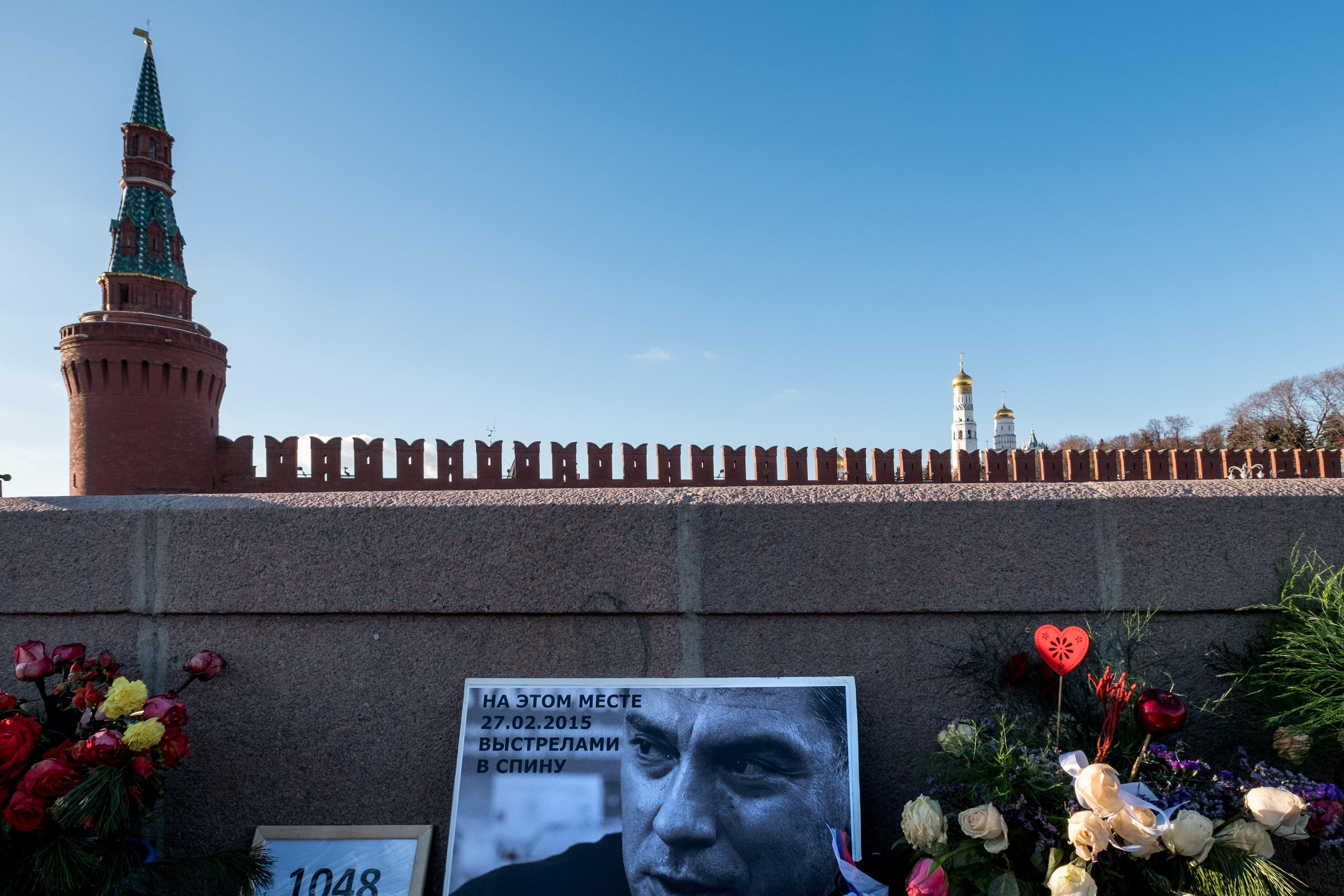Washington, D.C.’s city council voted Wednesday to rename the stretch of Wisconsin Avenue in front of the Russian embassy Boris Nemtsov Plaza. Nemtsov, a former deputy prime minister turned opposition leader, was shot dead on a bridge in central Moscow in February 2015. Five Chechen men were tried and found guilty of Nemtsov’s murder last summer, but his family and supporters believe his killing was ordered at a higher level in response to his opposition activities.
D.C. Councilwoman Mary Cheh, who sponsored the legislation renaming the street, said she had been approached about doing so by Sen. Marco Rubio, who had introduced similar legislation in the U.S.
Senate early last year. The Senate bill was reportedly blocked by Sen. Bob Corker, chairman of the Foreign Relations Committee. The D.C. Council’s motion still needs to be approved by the House Homeland Security Subcommittee, but the city is moving ahead with plans for an unveiling ceremony. Kremlin spokesperson Dmitry Peskov has brushed off the issue, calling it the “prerogative of the city authorities.”
There is precedent for politically charged street rebranding.
In 1987, the Senate—over the objections of the State Department—renamed the block of 16th St. NW in front of what was then the Soviet Embassy (and is now the Russian ambassador’s residence) after imprisoned dissident Andrei Sakharov.
Sen. Ted Cruz has also been pushing for years to change the address of the Chinese embassy in Washington from 3505 International Place to 1 Liu Xiaobo Plaza, after the Chinese dissident and Nobel Peace Prize laureate who died in state custody last summer. The Obama administration had threatened to veto Cruz’s bill in 2016, calling it counterproductive.
Could other countries do this sort of thing to the United States? Tehran has a street named after Rachel Corrie, the American activist killed by an Israeli military bulldozer in Gaza in 2003. The Iranian capital’s city council considered naming a street after Muhammad Ali following his death in 2016, describing his as a “symbol of resistance to racism and U.S. imperialistic policies in the Vietnam War.” However, by his death, Ali was a beloved and no longer particularly controversial in America, and there are several streets named after him in the U.S. as well.
The Paris suburb of Saint-Denis, a primarily black and Arab immigrant community, sparked some transatlantic controversy in 2006 by naming a street after ex-Black Panther activist Mumia Abu-Jamal, then on death row for killing a Philadelphia police officer.
But frankly, given the current dynamics of U.S.-Russia relations, if the Russians really want to troll America in response, the better move is to name streets after Donald Trump.
Update, Jan. 11: Slate reader Shayan Rakhit sends along another fascinating example:
In 1969, at the height of the Vietnam War, the Communist Party of India won elections in West Bengal, India. In the capital and largest city Calcutta (now Kolkata), one of their first acts was to rename Harrington Street, where the American consulate was located, as Ho Chi Minh Sarani (sarani meaning avenue). To this day, the consulate is on the same street.
